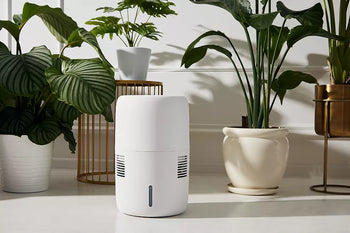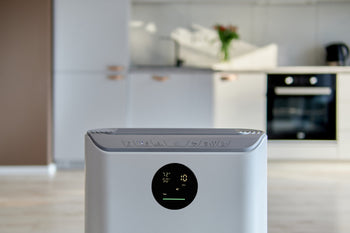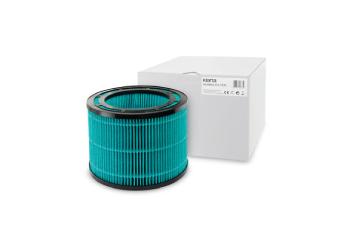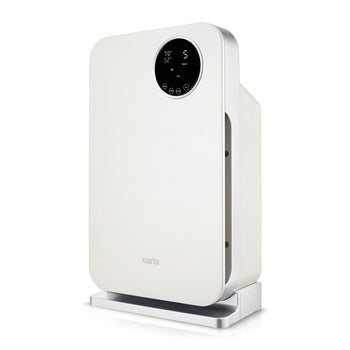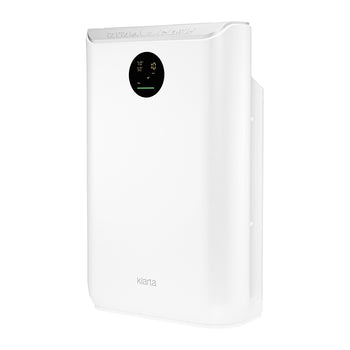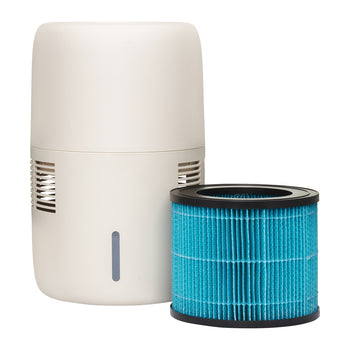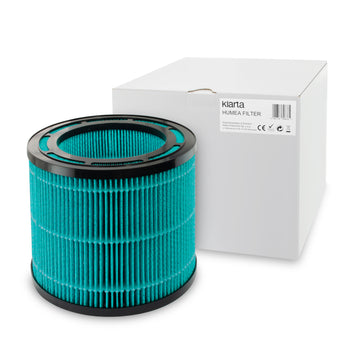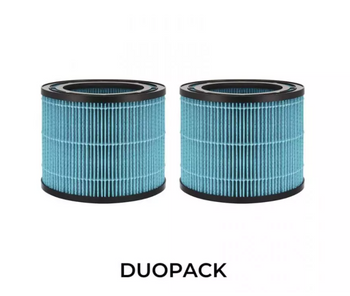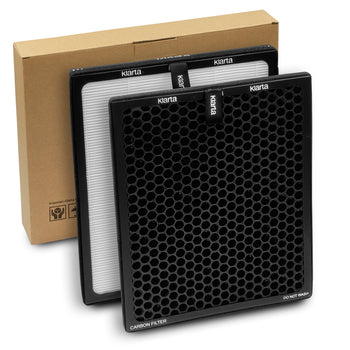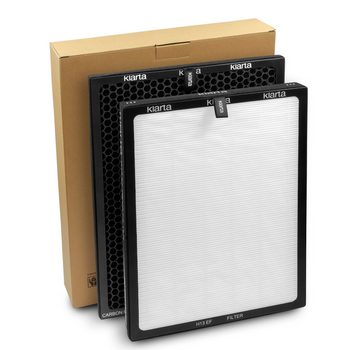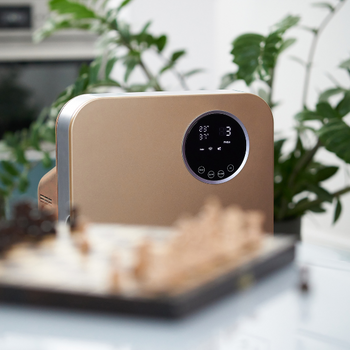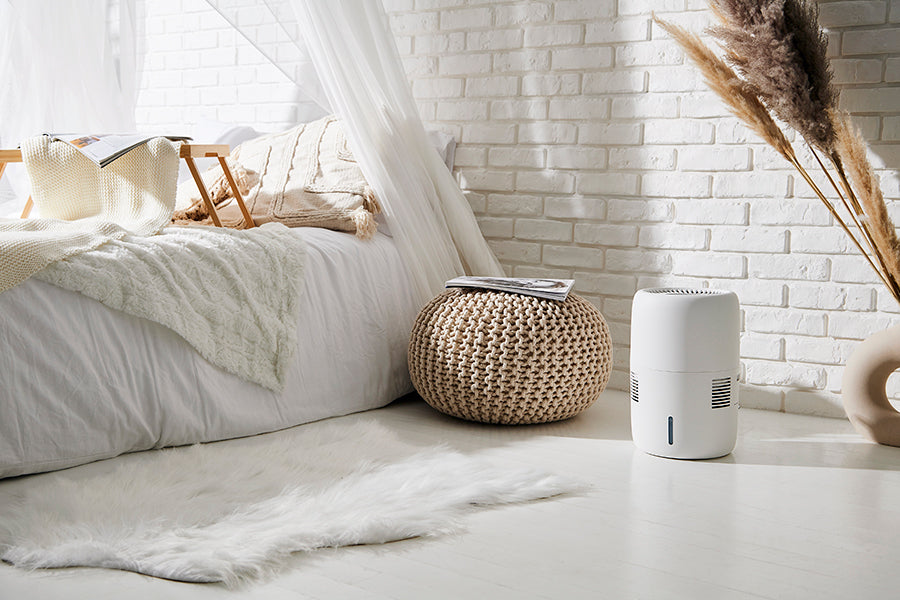
Air humidifier - is it worth it? 10 reasons for yes!
Air humidifier - is it worth it? 10 reasons for yes!
What is the purpose of a humidifier? Its primary function is to prevent low humidity, but what practical significance does this have? It’s quite substantial because dry air negatively affects the entire human body and many items found in every home. Here’s what a humidifier offers:
1. No more throat irritation and dry cough
Breathing dry air leads to the drying out of the mucous membranes in the respiratory tract. The first sign of this problem is usually a scratchy throat, which often results in a dry cough, especially in autumn and winter.
To alleviate these symptoms, throat moisturizing preparations are often used, but the best solution is to remove the cause by increasing the air humidity. A humidifier with a hygrometer, which monitors humidity levels, and a humidistat, which maintains the set humidity, works great for this purpose. Both these features are present in the Klarta Humea WiFi and Klarta Humea Grande.
2. Higher resistance to viral and bacterial diseases
Low humidity causes the nasal mucosa to dry out, negatively impacting our immunity. The nasal epithelium contains cilia that clean inhaled air of pathogens. When the mucosa is dry, the cilia cannot function properly, making it easier for bacteria and viruses to enter the body.
3. Relief for the eyes
Dry air also affects the eye mucosa. When it dries out, the eyes become red, itchy, burning, and watery. These issues appear fastest in people who wear contact lenses or spend a lot of time in front of a computer, as these factors contribute to eye dryness.
Similar to throat irritation, eye moisturizing agents are often used to eliminate these symptoms, usually in the form of eye drops. However, this is a temporary solution, and it’s best to maintain proper air humidity.
4. Protection against sinus congestion
Dry air leads to the drying out of the sinuses, causing pain and discomfort. They also become more susceptible to viral and bacterial attacks, which can lead to infections. For this reason, sinus humidification through inhalation is often recommended for sinus issues.
5. Support for snoring problems
Why have a humidifier in the bedroom? To reduce snoring. Snoring is caused by irritation of the throat and nasal mucosa, which is exacerbated by dry air. Therefore, people struggling with this condition should ensure proper air humidity in the bedroom.
6. Healthier, slower aging skin
Like the mucous membranes of the respiratory tract and eyes, the skin also dries out due to contact with dry air. Effects of staying in low-humidity environments include:
- Redness
- Irritations (itching, burning)
- Deterioration of skin tone
- Slower regeneration
- Loss of elasticity, leading to wrinkles
Maintaining proper air humidity helps improve the appearance of the skin and may prevent premature aging signs.
7. Better hair condition
Dry air affects the condition of our hair. Low humidity makes hair dry, dull, and more susceptible to external damage. Issues such as breakage, split ends, and dandruff become more common. Proper air humidity is essential for maintaining healthy and beautiful hair.
8. Less dust in the air
Low humidity allows dust particles to float easily in the air, exacerbating allergic symptoms. Therefore, maintaining proper air humidity is especially important for allergy sufferers.
It’s also important to remember that dust from the air easily accumulates in electronic devices, which is detrimental to them. It can cause overheating and subsequent computer failures.
9. Better condition for houseplants
Low air humidity is not only harmful to us but also to houseplants. Browning, curling, and brittle leaves can result from dry air. Moreover, plants become more susceptible to spider mite attacks.
10. Protection for wooden furniture and floors
The condition of wooden furniture and floors can indicate prolonged low humidity at home. Dry air causes them to lose their shine, dry out, and deteriorate. Repairing such damage can be expensive, so it’s better to prevent these problems by investing in a good humidifier.
Pros and cons of a humidifier
In summary, a humidifier is a useful device because it:
- Effectively prevents air dryness
- Reduces the risk of bacterial and viral diseases
- Prevents unpleasant symptoms
- Helps maintain a nice appearance
- Protects houseplants
- Contributes to the preservation of wooden home furnishings
Can a humidifier be harmful? A good device can cause problems only if used incorrectly. It’s essential to maintain hygiene and follow basic safety rules when using electrical devices.
Maintaining hygiene might seem like a downside of a humidifier, but considering the benefits it provides, this is a very minor drawback.
